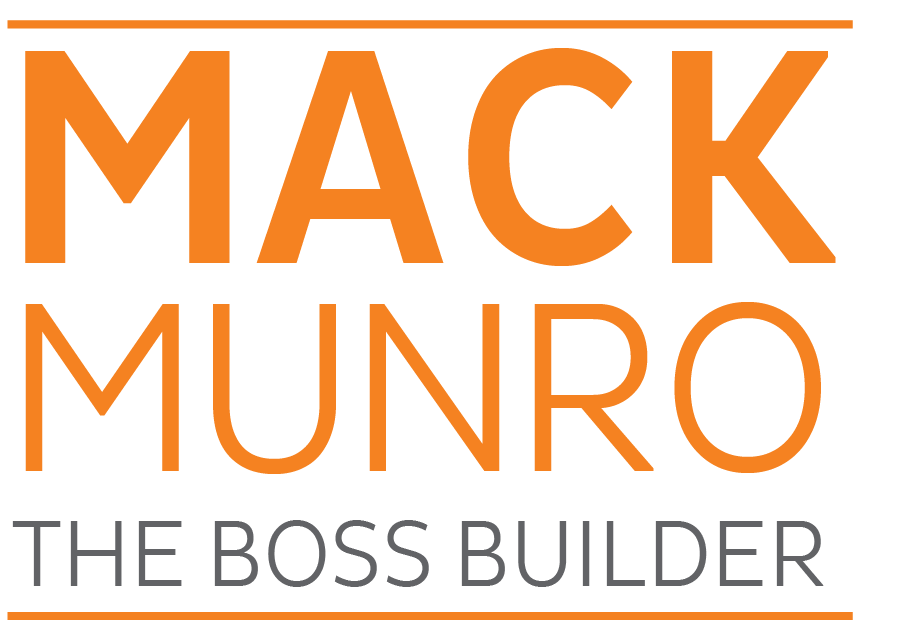Have you noticed that in spite of a public cry for verbal and written simplicity, things just seem more complicated to understand?
This past week I spent several hours trying to coordinate paperwork between doctor’s offices and insurance companies, only to be given instructions on forms and paperwork that I didn’t understand.
The corporations I work with suffer from the same sort of complexity, but most of them try to simplify it using corporate “buzzwords,” some of which you can read on this great blog by Forbes magazine.
When I was in the Navy, everything could be condensed into an acronym, perhaps to keep us from using too much paper when typing a memo or to keep us from overextending our lung capacity. To assist in deciphering it all, we had what was known as the DICNAVAB (Dictionary of Naval Abbreviations).
Even religious people get stuck in this. There is a ton of religious jargon out there not to mention some folks who hold that the only Holy Bible is the King James Version. When I read my Bible, I prefer modern translations. I’d rather understand the passage in plain English than to read something that has the same accent as a Shakespeare play. Using “thee” and “thou” doesn’t make a passage more holy and sacred.
In the battle between clarity and brevity, brevity seems to win, but is the win really useful? Not always. Abbreviations and jargon can confuse and complicate things even more than they were originally.
What can we do?
- Think like a listener, not a “tapper.” This is a concept out of Chip Heath and Dan Heath’s book Made to Stick, but my good friend Bruce Johnson debriefs it really well HERE. It’s all about considering your audience when you’re trying to communicate.
- Think Simple, but Not Simplistic. There is a fine line between communicating clearly and treating someone like a moron. What is the simplest way to say something without dumbing down the meaning? When you figure that out then start using it.
- Don’t expect others to navigate (or even respect) your “process.” People could care less what your hoops are to jump through. They need to get their questions answered or their problems solved. If it means renaming what you call something so others understand it, then do it!
- Use analogies or stories if you’re trying to explain something complicated. I was teaching a workshop on Emotional Intelligence a few weeks ago to a bunch of really technical people. Rather than try to make it all touchy-feely (big mistake), I explained the brain science involved, then told them:
“Emotional Intelligence is like WD-40. It loosens bolts and eliminates squeaks. You can live without it, but it just makes life a whole lot simpler.” Feel free to quote me:
Communication is the lifeblood of relationships and organizations. If you’re involved in either (or both), take some time this week to examine how your communication measures up. Clarity? Brevity? Something in between?
Your choice, but choose wisely.

